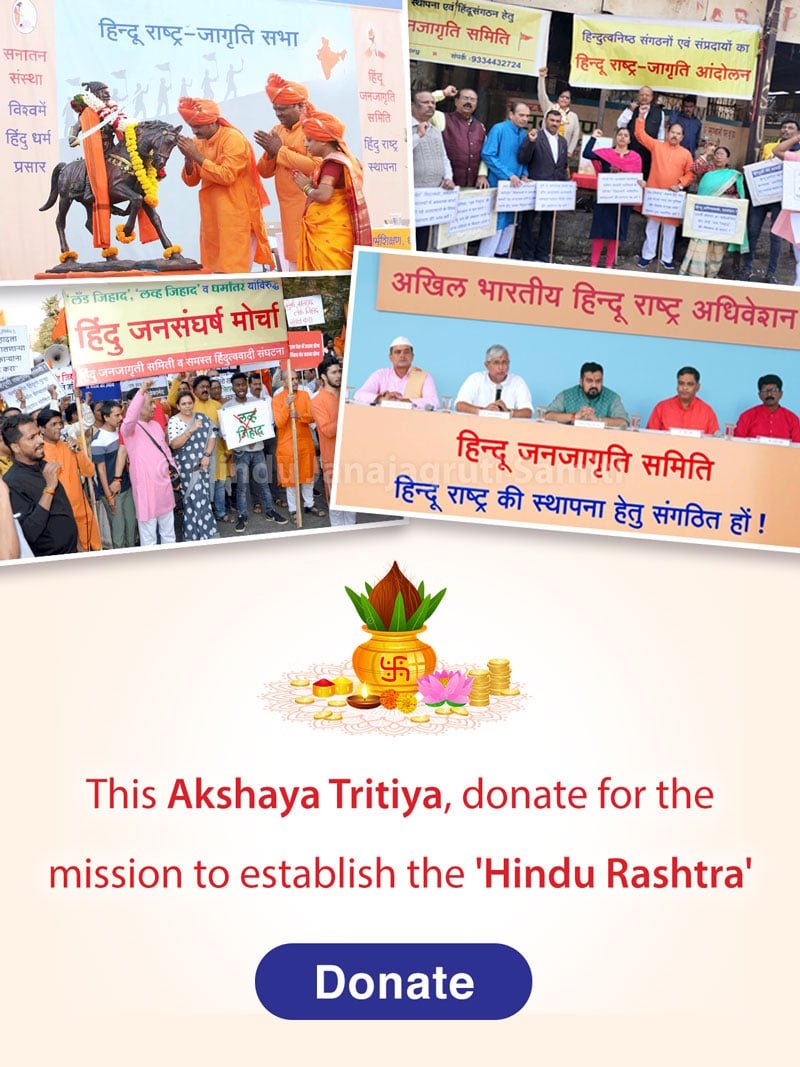New Delhi: The Supreme Court has held that government sanction for prosecution is not required in criminal cases relating to religious conversions and prejudicial to national integration. It said High Courts should not use inherent powers to quash criminal proceedings until investigation is completed.
A Bench consisting of Justices G.P. Mathur and Dalveer Bhandari said though Section 196 (1) Cr.PC contemplated sanction from the Central or State government or the district magistrate for prosecution of offences under Section 153-B IPC (imputations, assertions prejudicial to national integration), there was no bar on registration of a case or investigation by the police.
The Bench was dealing with an appeal filed by Karnataka against a judgment of the Karnataka High Court quashing proceedings against pastor P. Raju under Section 153-B IPC for instigating followers of Hinduism to convert to Christianity on the ground that sanction was not obtained before the case was registered.
Erroneous premises
Justice Mathur, writing the judgment for the Bench, said: "The specified authority empowered to grant sanction does so after applying its mind to material collected during the investigation. There is no occasion for grant of sanction soon after the FIR is lodged, nor can such power be exercised before the completion of the investigation and collection of evidence. Therefore, the whole premises on the basis of which the proceedings have been quashed by the High Court are erroneous in law."
The Bench said if the view taken by the High Court was accepted, "no person accused of an offence, which is of the nature which requires previous sanction of a specified authority before being taken cognisance of by the court, can ever be arrested, nor can such an offence be investigated by the police."
In the instant case, Raju was accused of instigating Hindus celebrating Sankaranti at Rampura, Channapatna, to embrace Christianity as they would get many benefits, which were not available to them as Hindus.
A criminal case was registered and even as the investigation was on, the High Court acting on his petition quashed the proceedings.
Setting aside the judgment, the Bench said: "Power can be exercised to quash the criminal proceedings pending in any court, but the power cannot be exercised to interfere with the statutory power of the police to conduct investigation in a cognisable offence."
Courts should not interfere with the investigation or during the course of investigation as this field was exclusively reserved for the investigating agency, the judges said and restored the case against Raja.

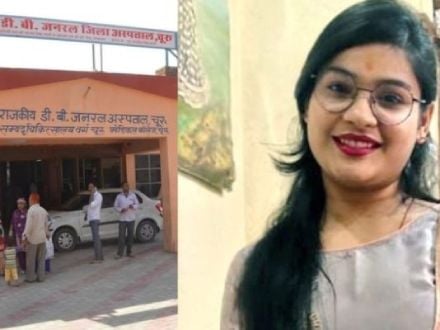 Rajasthan: Woman found hanging at a beauty parlour, Arshad, 3 others booked
Rajasthan: Woman found hanging at a beauty parlour, Arshad, 3 others booked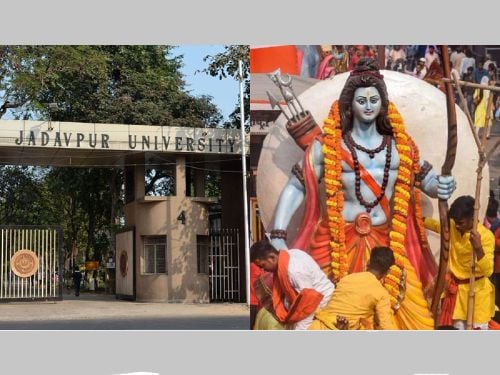 Jadavpur Univ revokes permission to celebrate Ram Navami on campus after granting it
Jadavpur Univ revokes permission to celebrate Ram Navami on campus after granting it Andhra Pradesh: Farooq kills mentally challenged Hindu man for insurance money
Andhra Pradesh: Farooq kills mentally challenged Hindu man for insurance money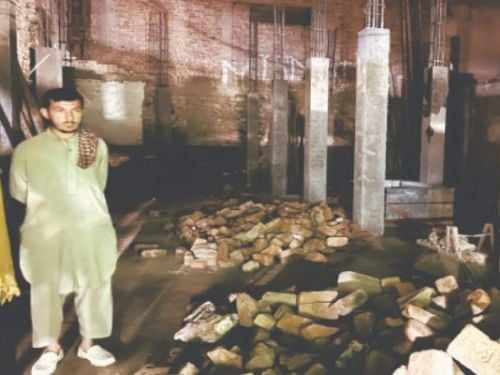 Pakistan: Ancient Hindu temple in Khyber Pakhtunkhwa demolished for commercial complex
Pakistan: Ancient Hindu temple in Khyber Pakhtunkhwa demolished for commercial complex UK: Over 50 children were sexually abused by paedophile catholic monks for decades
UK: Over 50 children were sexually abused by paedophile catholic monks for decades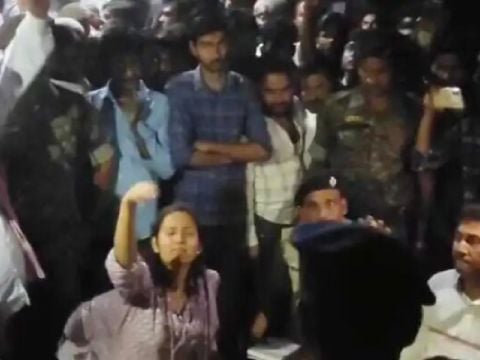 Bihar: Goddess Bhagavati Temple in Araria vandalised and deities damaged
Bihar: Goddess Bhagavati Temple in Araria vandalised and deities damaged